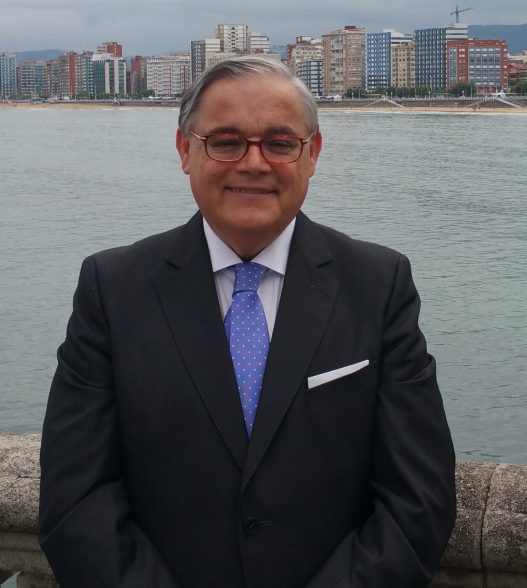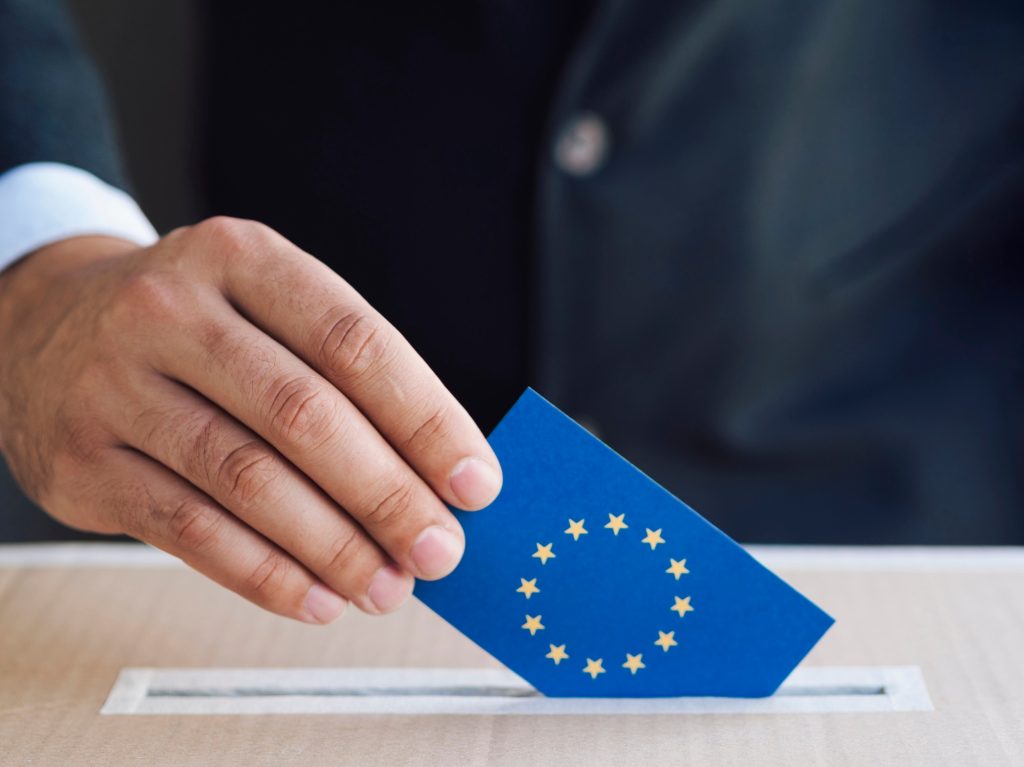ALBERTO BARCIELA
EUROPEAN ELECTIONS, THE TOURISM SECTOR ALSO VOTES

Tourism represented the first peaceful invasions in history. Today it is an industry of peace, culture, happiness, one of the main engines of wealth and job creation in many countries.
The European tourism sector is business-based and highly competitive. It is the perfect example of how to build an economy subject to very specific vicissitudes. The travel industry is very sensitive to crises: economic crises -inflation, etc.-, pandemics, strikes, pollution, wars, terrorism, climate change, environmental problems, natural disasters, etc.-. On the positive side, it enjoys great resilience, based on experience and professionals with well-defined objectives: deseasonalization, connectivity, training of professional staff, etc., who have been working for decades to overcome endemic problems: overcrowding, gentrification -the Venice effect-, illegal competition and against campaigns such as tourism-phobia or the occasional collapse of borders and airports.
The sector provides a decisive transversality in modernization, which is transferred to areas such as: agro-industry, transport, construction, insurance, technology, telecommunications, advertising, etc. Moreover, with its taxes, tourism is one of the main net contributors to the payment of welfare systems: health, education, pensions, infrastructures, archaeological, museum and architectural heritage conservation. This is a timely and necessary point, as it could be a reference point in the programs for the European elections next June. It is not a trivial matter.
It is necessary to establish well-elaborated plans, reproduce successful models, professionalize the tourism administration, consolidate a portfolio of products, legislate to protect the traveler, the habitat and local cultures, ensure transportation and offer quality services, guarantee investments, face the challenges of Artificial Intelligence… The EU has to contemplate a change of approach and understand the opportunity, its possibilities and responsibilities, to establish or submit to clear rules of the game and avoid repeated mistakes in overcrowded destinations.
In many countries almost everything has been done -success must be managed in them-, in others almost everything is yet to be done, each one of them must find its own model -the essential references are within the EU itself-, they must protect their private brand and image but also the common global one. The ideologies that govern in each State are not so important; the awareness, understanding and consensus on the essentials, the positive disposition to relaunch the many possibilities of strategic and orderly growth, do acquire relevance.
It can be concluded that even since before 2015, and until the emergence of the COVID-19 pandemic, the Commission has reviewed tourism priorities in the framework of broader political strategies. However, these priorities were not translated into a concrete action plan to support their implementation. In an exercise of self-criticism, Europe must highlight the potential of the tourism industry, recognize that it is necessary to go deeper into common axes and perhaps end up implementing, in collaboration with the 27 member states, a Strategic Tourism Plan, which has been repeatedly called for.
It is necessary to work more efficiently and all together. We need security, normative stability, coherent regulations, qualified labor to ensure even greater private investments in a sector with very efficient civil servants when given the opportunity to finalize plans, and entrepreneurs and professionals willing to take on new challenges with training and commitment.
The tourism sector votes in June. Don’t forget.
————
ALBERTO BARCIELA, Spanish journalist, is vice-president of EditoRed.
Member of the Spanish Tourism Board.
Expert contributor to the study ‘A Spanish vision of the EU: 2024-2029’ (May 2024).
This text is free to use. If you use it, please cite the author and EditoRed.



